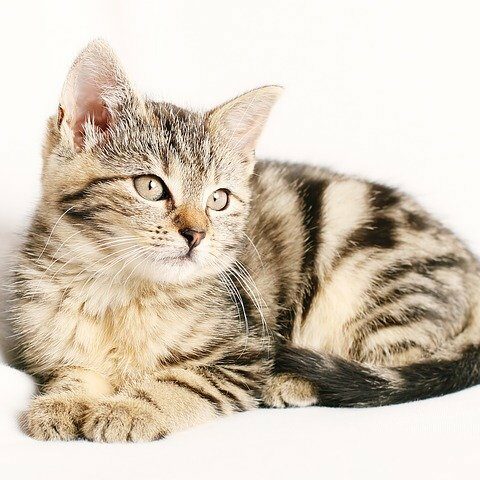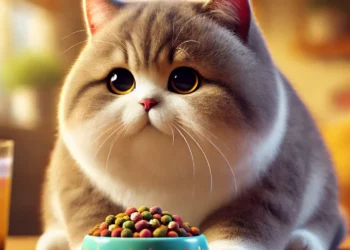
The European Common cat is a pure breed of cat, the hand of man did not intervene. These felines are known to be friendly, playful, and intelligent.
Summary
Origin and History
The European Shorthair, sometimes simply called the European, is a natural breed, meaning its development wasn’t orchestrated by human breeding programs but rather evolved through natural selection. Originating from Europe, as its name suggests, this breed shares a common ancestry with the Domestic Shorthair cats found throughout the continent. Historically, these cats have lived alongside humans for centuries, serving the dual purpose of companionship and pest control.
The European Shorthair was recognized as a breed in its own right to preserve its natural characteristics, distinguishing it from the American Shorthair and the British Shorthair, with which it might otherwise be confused. The breed is particularly noted for its robust health, strong body, and adaptable nature. It has been officially recognized by various feline organizations, including the Fédération Internationale Féline (FIFe), which standardized the breed in the 1980s.
Appearance
The European Shorthair is a medium to large cat with a strong and muscular build, reflecting its natural origins and versatility. The breed has a broad chest, strong legs, and a well-rounded head with medium-sized ears that are slightly rounded at the tips. Its coat is short, dense, and can come in a wide variety of colors and patterns, including solid, tabby, and tortoiseshell.
One of the defining characteristics of the European Shorthair is its simplicity and lack of extremes; it is the epitome of the traditional, no-frills domestic cat. Its eyes can be of any color and are often bright and expressive, contributing to the cat’s alert and intelligent expression.
Personality and Temperament
The European Shorthair is known for its friendly, adaptable, and easy-going nature. These cats are generally very social and enjoy being part of family life, often forming strong bonds with their owners. They are known to be playful and curious, retaining a kitten-like demeanor well into adulthood.
Despite their sociable nature, European Shorthairs are also quite independent and can entertain themselves when needed. They are intelligent cats and can be trained to follow basic commands or engage in interactive play. Their hunting instinct is still very much intact, so toys that stimulate this natural behavior are highly appreciated.
Health
European Shorthairs are regarded as a healthy and hardy breed, largely due to their diverse genetic background. They do not have many breed-specific health issues, but like all cats, they should receive regular veterinary check-ups, vaccinations, and preventative care to address common health concerns and ensure a long, healthy life.
The breed’s short coat is easy to care for, requiring only occasional brushing to remove loose hair and distribute skin oils.
Overall, the European Shorthair is a robust, no-nonsense companion, ideal for those who appreciate the company of a traditional, versatile cat. Its straightforward care requirements and sociable yet independent temperament make it a suitable pet for a wide variety of households.
Latest on CatOlympus
Effects Of Music On Cats: Do Cats Enjoy Music?
For many cat owners, music is a regular part of daily life. We play it while cooking, cleaning, relaxing, or...
Myths And Truths About Feeding Your Cat
Feeding your cat is more than just picking up the nearest bag of kibble. It’s about providing balanced nutrition to...
How To Ensure Your Cat Drinks Enough Water
Water is essential for life, and just like humans, cats need adequate hydration to maintain their health and well-being. However,...
How to Spot and Prevent Parasites In Cats
Parasites are an unfortunate but common issue that many cat owners will face at some point. These unwelcome visitors can...









